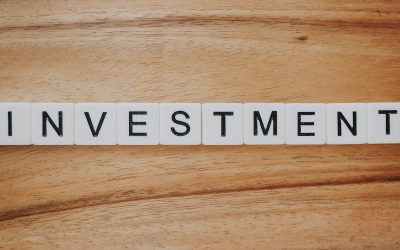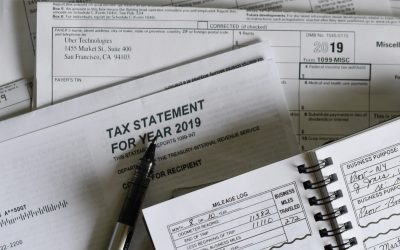There are many reasons to get excited about the potential financial returns that buy-to-let property offers. But it is vital that any investor and budding landlord completes their financial due diligence first of all.
All property buy-to-let investors need a good business structure and plan in place, together with a clear tax plan. Understanding tax requirements and tax liability is vital, and whilst this can seem complicated, help and advice is available and this will make all the difference in securing the financial future of your property investment.
The first key consideration is whether the property you invest in is owned as part of a limited company structure, or whether it is personally owned. Both of these structures have advantages and disadvantages. Getting the ownership of the property right from the onset can make a huge difference to the amount of tax paid over a taxpayer’s lifetime from the property rental income that they receive.
Investors with a portfolio of buy-to-let properties are usually interested in growing their portfolio over the long term, and will often consider their properties as part of their overall investments and other wealth assets, such as ISAS, pensions, stocks and shares.
Those who inherit property and decide to rent it out can often be unaware (naturally) of the tax requirements that come with a buy-to-let property. But they may find their tax arrangements benefit from renting out a property.
Investors who hold buy-to-let property through personal ownership will be liable themselves to pay income tax on rental income. The property deeds and any mortgage will be registered to that individual. Rental profits can be offset with allowable expenses, including accountancy, legal and letting agent fees, together with insurance costs and maintenance and repair fees. There is also potential for tax-free allowances. This model is simpler to set up, lower mortgage rates are available and there is direct access to rental income. There are implications for inheritance tax and capital gains tax with property held personally. However, in recent years, changes to the law on expensing mortgage interest payments have had an impact on this ownership model.
Personal ownership of a buy-to-let property is still the most common structure in the UK.
Property that is owned through a registered limited company means that income generated from the rental property is paid to the company rather than the individual. This model can offer some tax benefits, as companies will pay corporation tax on their profits, and can deduct any mortgage interest payments as a business expense in full – unlike a landlord who owns a property personally. Property held as part of a limited company can be better for long-term balanced portfolio growth and reinvestment. There are of course, costs associated with running a limited company.
Whether buy-to-let property is managed as part of a limited company or through personal ownership, it is a fact that the property at some point will need to transfer ownership, as we may choose to divest or sell, or die – in which case the property may be inherited. These circumstances result in different tax liabilities, so planning ahead is very important.
Our partners at Holland Asset Management have extensive experience in advising property investors on the best model for them: limited company or personal ownership. Holland Asset Management can help you plan a balanced property portfolio with an appropriate business plan that will maximise rental returns. And if you have a single property to let, they can help you get started with planning on your tax plan – they can explain your potential tax liabilities and ultimately, help you decide on whether a limited company or personal ownership model is right for you. Find out more by visiting their advisory post here, with an option for getting in touch for direct help.
Follow us on socials for more news and updates

Impossible – until it’s done
Big achievements can often seem impossible - until someone makes them happen. That is the view of the team at Diligent Eye - a team of experts who have spent seven years building a system that makes...
UK rental property market forecast 2025
The UK rental property market in 2025 is being shaped by multiple economic factors, report the team at Holland Asset Management. As inflation rises due to transport and food costs, together with new...
Spring has sprung
It is no surprise that Spring is often many people's favourite season of the year. Spring is important because it marks a period of renewal, rebirth, and increased activity in the natural...
Why property investors should have an estate plan
If you’ve spent years building a property portfolio, you know planning is important. You might have started with one rental and added more over time. You’ve picked good locations, dealt with...
Protecting your share of your home with your will
You and your partner have built your dream home....but what happens if your circumstances change and you part ways? Did you know what if your will is set up properly, you can protect your share in...
Home is where your health is…..
Home is where the heart is....but what about home is where your health is, a more fitting sentiment perhaps? The spaces we inhabit have a profound impact on our physical, mental and emotional...
Making tax digital for income tax self assessment
A new government initiative aimed at simplifying tax reporting for self-employed individuals and landlords somes into effect from April 2026. Making Tax Digital (MTD) for Income Tax Self-Assessment...
Raise your hand for property auctions
Selling or buying property at auction is an attractive option, with benefits for both buyers and sellers. Property up for sale at auction can often sell in a matter of days, in contrast to property...








